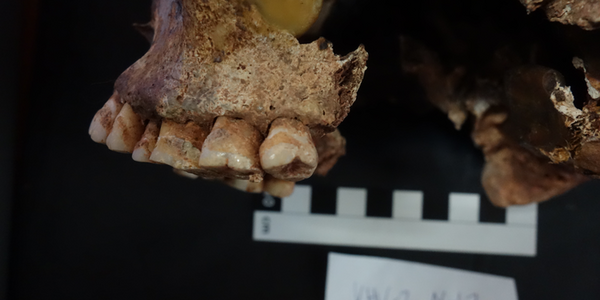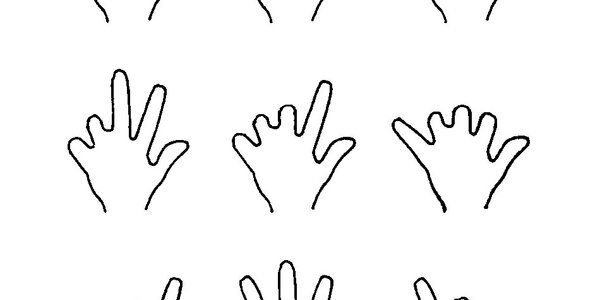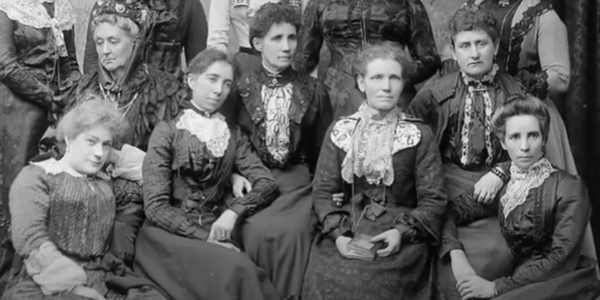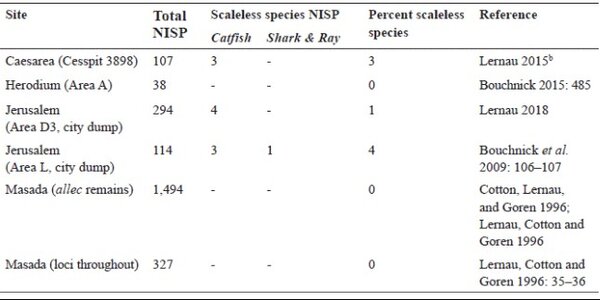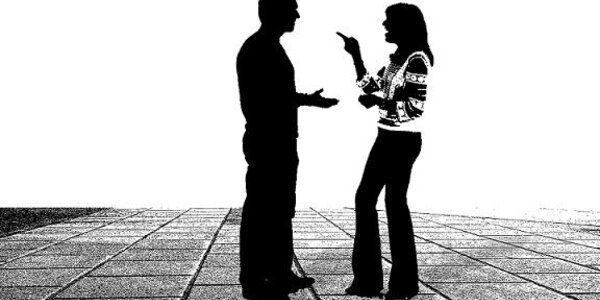Like Western Civilization? Thank Dairy Farming
Not a lot is truly known about the cultural world of early mankind but one thing is settled; when food insecurity dropped and it became more affordable, in terms of time or money, culture flourished and expansion began.
Domestication of animals and farming took humans out of foraging and secured our place as the dominant species. Becoming a farmer meant reliable food, then domestication of the ox made it possible for a farmer to feed dozens, and the heavy plow and then later science boosted those to a point where in the developed world, we now only need 2 people to feed 98.
How we got there…
